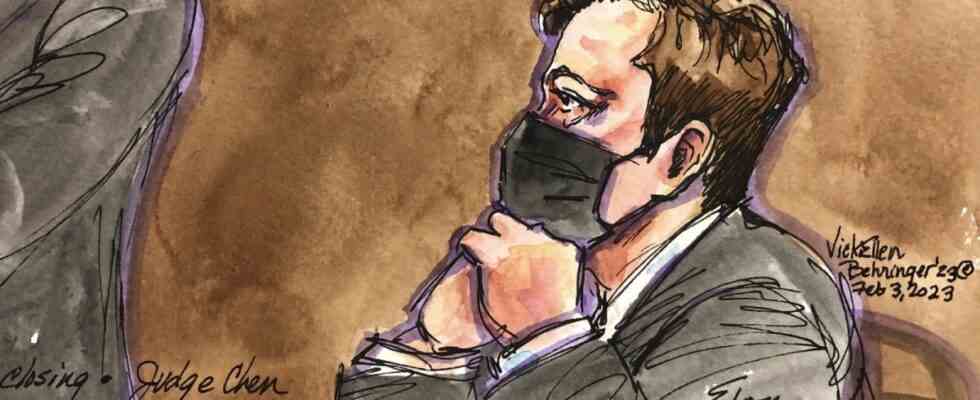Tesla shareholders have failed in a class action lawsuit against CEO Elon Musk over his 2018 tweets. The nine jurors came to the conclusion on Friday (local time) after only around two hours of deliberations that the plaintiffs could not prove that Musk was responsible for their losses in the stock market.
The proceedings in San Francisco involved two tweets in which Musk announced in August 2018 that he wanted to take the electric car manufacturer off the stock exchange. It was all about his claims that funding for such a deal was secured and that there was broad investor support for it. It later emerged that there were no written commitments from funders – and many key investors wanted Tesla to remain public. Musk rowed back a little later.
The suing investors accused Musk of his tweets constituting fraud that triggered fluctuations in the stock price. That’s why they lost money and now they wanted to make amends. Musk’s lawyer said in the proceedings that the Tesla boss may not have been precise enough in his choice of words, but that he was verbally promised enough money for the deal.
The procedure was made a little more complex than usual by the fact that the judge responsible had already ruled last year that Musk’s claims in the tweets did not correspond to reality. The jury was accordingly instructed to assume so. But they still had to decide whether Musk’s tweets had moved the share price and were decisive for the actions of the plaintiffs. If the jury had ruled against Musk, billions of dollars could have been at stake.
In 2018 there was already trouble with the stock exchange supervisory authority
A meeting between Musk and other Tesla managers and the state investment fund of Saudi Arabia at the end of July 2018 played a central role in the proceedings. According to Musk and witnesses summoned by him, a person responsible for the fund assured that they were ready to do so allocate as much money as needed to buy Tesla shares. Subsequent emails only mentioned a potential project. Musk said the Saudis “backtracked” on previous commitments.
Musk spent three days on the witness stand. Fund officials were not interviewed at the hearing. Musk’s lawyer also argued that one could not quantify how exactly the phrase “funding secured” influenced the price development. The Tesla boss also made it clear in the first tweet on the subject that he was only considering the deal. And finally, the plan did not fail because of a lack of money, but because of the unwillingness of large investors.
The lawyer for the plaintiffs emphasized, among other things, that the Saudi Arabian fund’s notes on the meeting made no mention of firm funding commitments. They appealed to the jury to send a signal that billionaires like Musk must also adhere to generally applicable market rules. However, the jury found neither Musk nor Tesla liable.
The tweets had caused trouble for Musk and Tesla in 2018. The SEC accused the star entrepreneur of misleading investors because of the sentence on allegedly secured financing. Musk and Tesla were fined $20 million each. In addition, Musk had to give up the chairmanship of the board of directors and undertake to have Tesla approve potentially price-sensitive tweets. Before the trial began, Musk had tried in vain to have the trial moved to Texas, where Tesla is currently based. His attorneys argued that residents in the San Francisco area were generally biased against the billionaire. However, the judge did not accept this objection.

